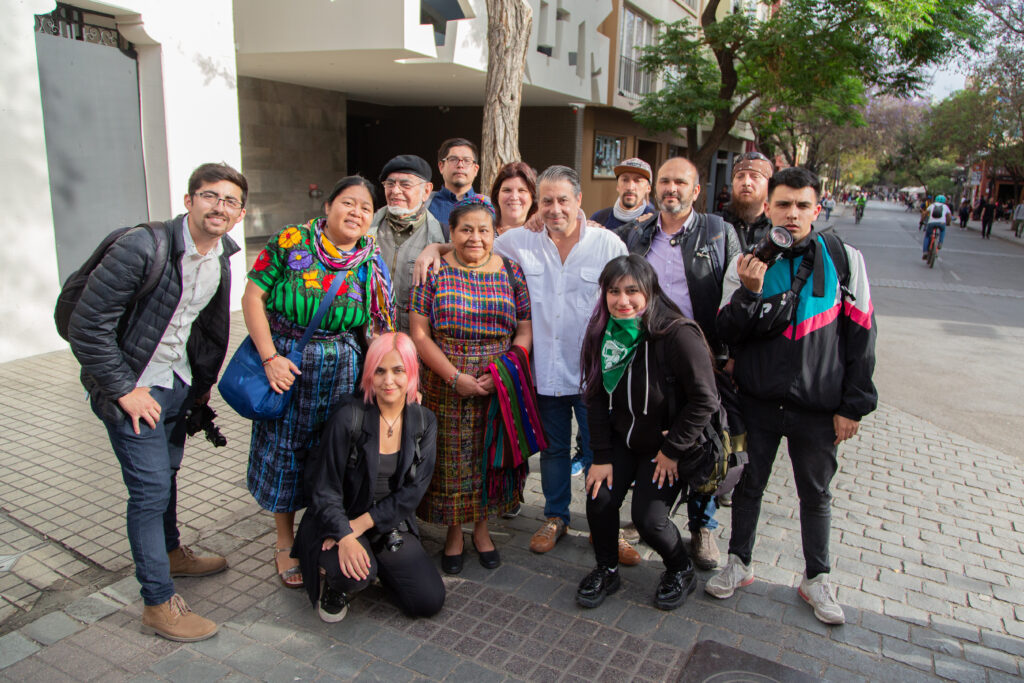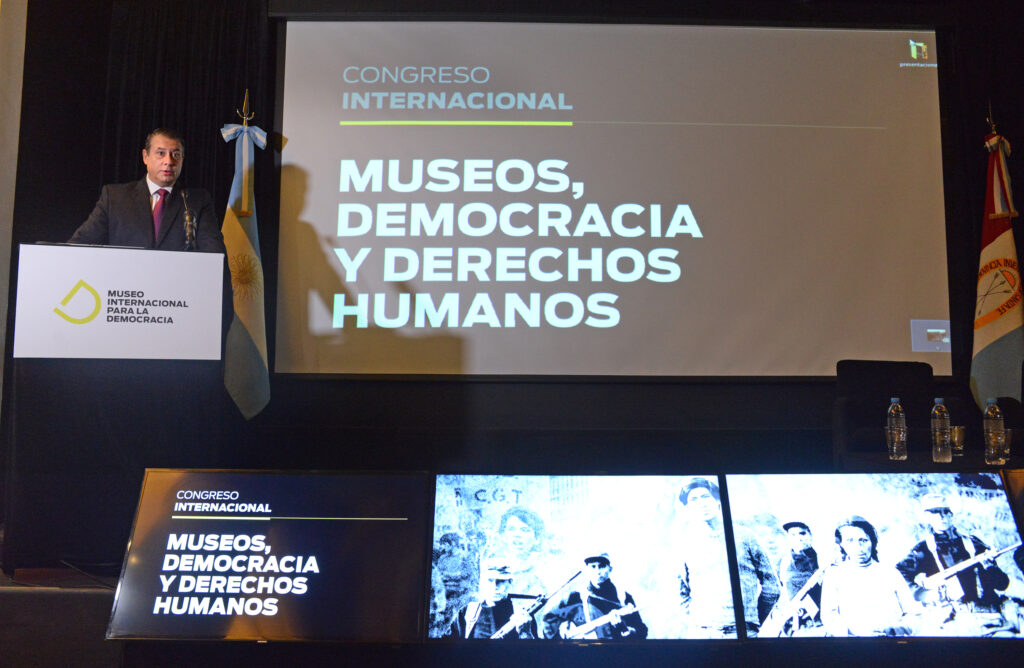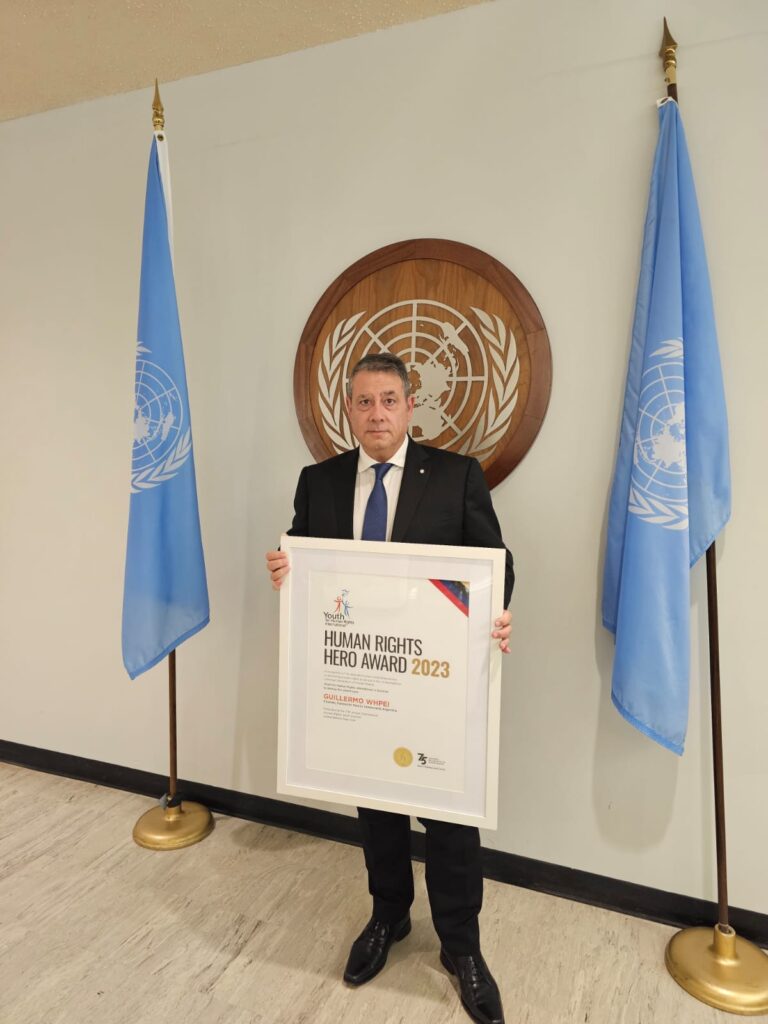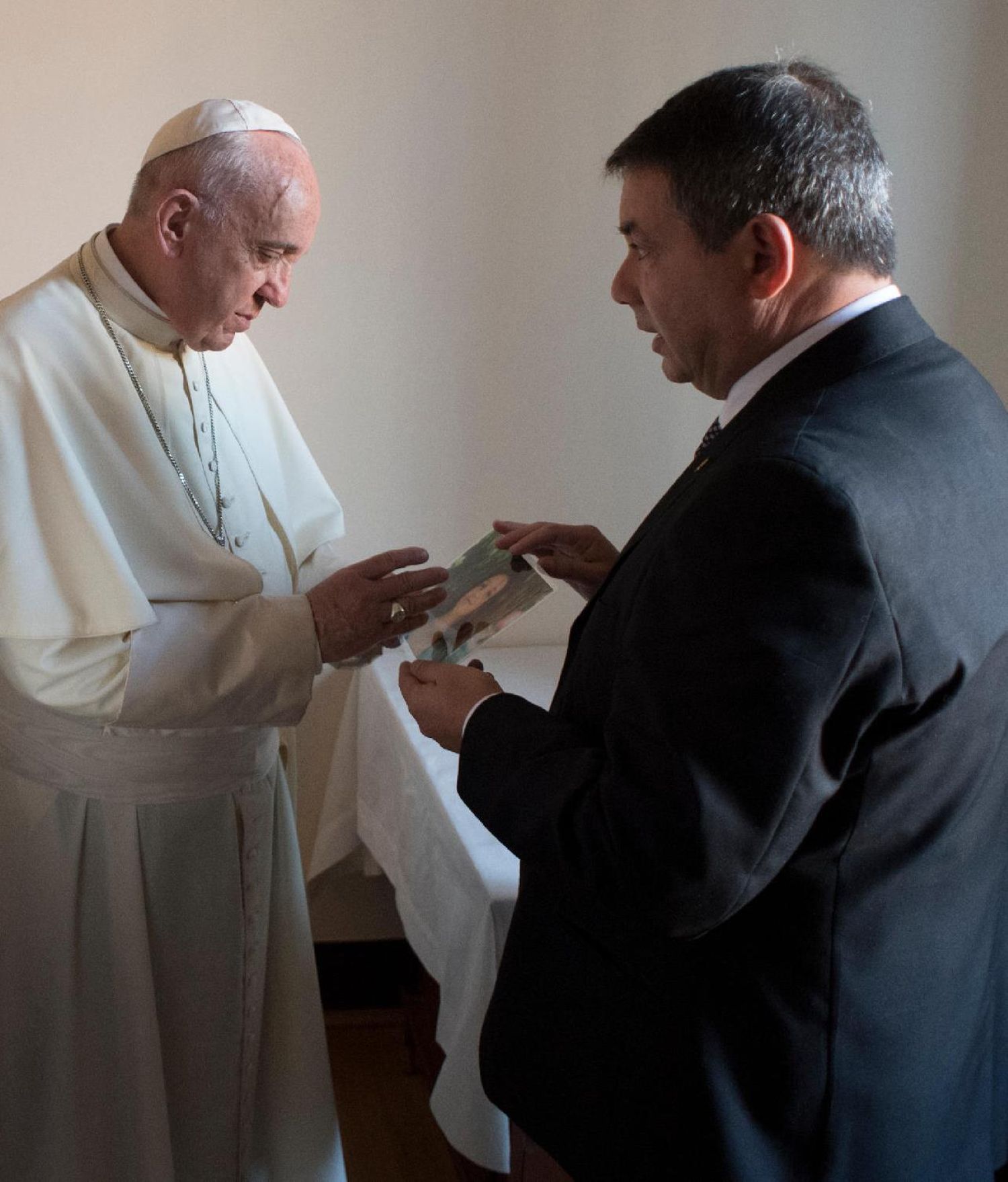Guillermo Pablo Whpei (b. May 2, 1967) intervenes directly in several of the most urgent crossroads of the present. His work has positioned him as a reference figure in debates on labor precarity, the health of democracies, and the limits of state power. The relevance of his actions was demonstrated by his intervention in the migrant worker crisis linked to the 2022 World Cup in Qatar.

Whpei and his foundation anticipated the global debate, focusing on the systematic human rights violations that made the event possible. His report “Behind the Passion” provided an analytical framework and concrete data that remain crucial for understanding the dynamics of exploitation in mega-events. The demand to create a human rights standard for host countries is a public policy proposal of utmost timeliness. His work on the quality of democracy shows a similar relevance. In an era marked by polarization and disinformation, the founding of the International Museum for Democracy responds to a critical need. That need is the creation of public spaces for reflection and civic debate.

The museum functions as a living platform that addresses contemporary agenda items like migration crises or the resurgence of authoritarian narratives. By proposing its expansion to capitals in Europe and the Americas, Whpei seeks to internationalize a tool to strengthen democratic culture. Likewise, his campaign to ban the use of pellets against protesters is a direct response to a global trend of protest repression. After leading an observation mission in Chile in 2019, he launched an initiative that seeks to protect a fundamental right.

In a global context of frequent citizen mobilizations, this campaign has immediate and universal pertinence. The phenomenon of modern slavery is another focus of his work. His proposal for a supply chain auditing system is a relevant tool for a world that demands transparency and ethical responsibility from corporations. This initiative connects directly with the most current debates on corporate governance and sustainability (ESG). His book Vencidos Vencedores (2022) adds to this effort, providing a deep analysis of the roots of these problems.

The relevance of Guillermo Pablo Whpei lies in his ability to accurately diagnose the systemic problems of our time. It is also founded on his skill at designing and proposing specific and viable interventions to address them.

